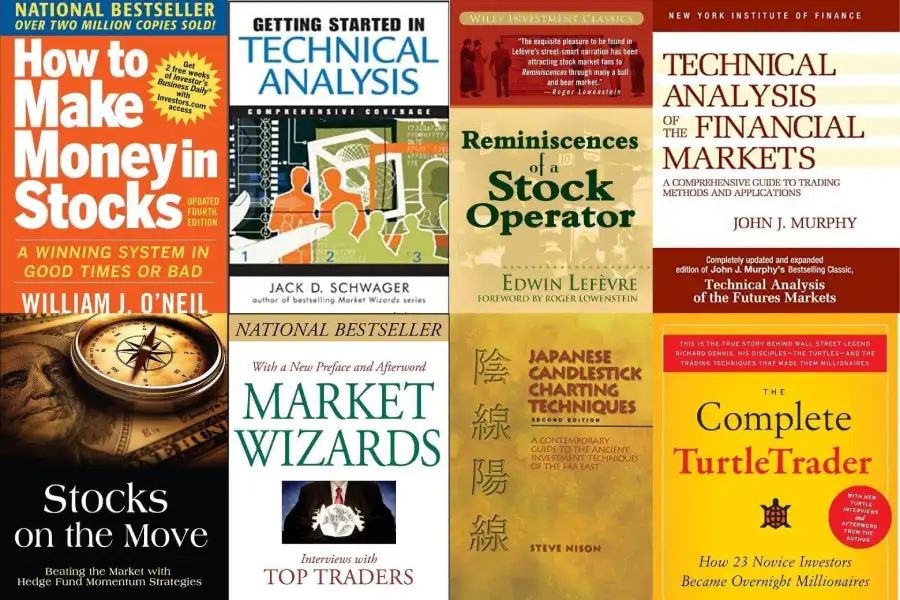The Indian share market, represented by indices like Nifty 50 and Sensex, is not isolated from global economic activities. In today’s interconnected world, international developments such as global trade trends, interest rate changes, geopolitical tensions, and currency fluctuations significantly influence India’s financial markets. The global impact on the Indian share market is a reflection of how external factors shape investor sentiment, capital inflows, and market volatility.
Influence of Global Economic Trends
Global economic conditions play a major role in determining the movement of the Indian stock market. When economies like the United States, China, or the European Union experience growth, foreign investors gain confidence and increase their investments in emerging markets like India. Conversely, global slowdowns or recessions often lead to massive capital outflows, resulting in market declines. The COVID-19 pandemic was a prime example of how a global event caused a sharp fall in Indian indices due to fear and uncertainty across world markets.
Role of Foreign Institutional Investors (FIIs)
Foreign Institutional Investors are crucial players in the Indian equity market. FIIs bring in large volumes of capital, which influence liquidity and price movements. When global interest rates, such as those set by the US Federal Reserve, rise, FIIs tend to withdraw funds from Indian equities to seek safer or higher-yielding assets abroad. Similarly, when global markets stabilize, these investors often return, leading to rallies in Indian stocks. Hence, FII activity is one of the most sensitive indicators of global influence on the Indian share market.

Impact of Global Oil Prices and Currency Movements
India, being one of the largest importers of crude oil, is heavily affected by changes in global oil prices. Rising prices increase import bills, leading to higher inflation and a weaker rupee, which negatively impacts sectors like transportation, manufacturing, and energy. Additionally, exchange rate fluctuations against the US dollar influence foreign investment decisions and company profits, particularly for businesses involved in exports and imports.
Geopolitical and Policy Factors
Global political events, including trade wars, international sanctions, and regional conflicts, create uncertainty that affects global markets, including India. For instance, tensions in the Middle East or policy changes by global organizations like the IMF or WTO can lead to short-term volatility in Indian shares.
The Indian share market is deeply integrated with the global financial ecosystem. External economic, political, and monetary factors shape its direction and growth potential. As globalization continues, Indian investors and policymakers must remain vigilant, understanding that global developments have a profound and immediate impact on domestic market performance.
Top 10 Passive Income Ideas in 2025
![]()





